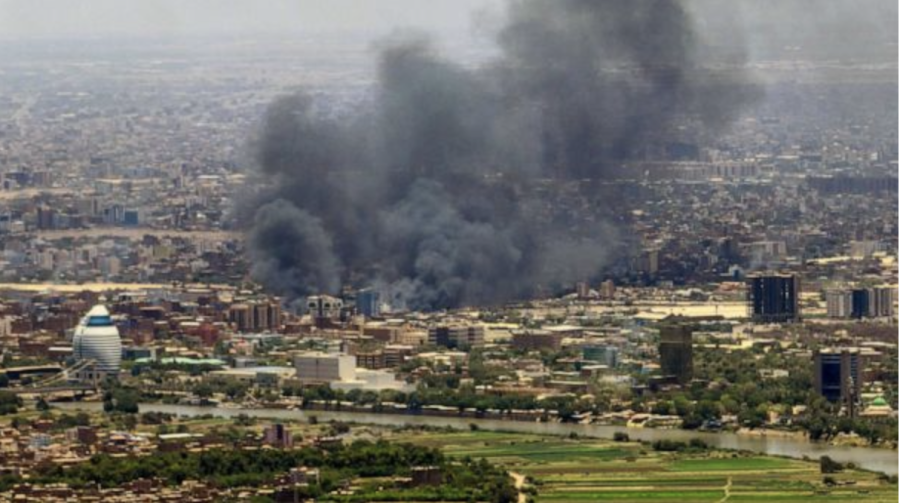Finance Minister Choo Kyung-ho expressed concerns about the Israel-Hamas conflict, stating that it’s making the markets wary and could lead to more flunctions in oil prices.
On Oct 7, 2023 Hamas launched a big attack on Israel, which might turn into a more significant conflict in the Middle East. Choo mentioned that although the international financial markets have yet to reach much, there’s a lot of uncertainty about what might happen in the future. Hence, an emphasis on the need to closely watch the financial and foreign exchange markets and review plans for dealing with different situations were stressed and talked about.
Choo also predicted that oil prices could become more unstable globally, and noted that the South Korean government will work on ways to avoid any problems with its oil supply. Korea depends on imports for most of its energy needs, and 67 percent of its crude oil purchases and 37 percent of its total gas deals come from the Middle East.
Hence, South Korea faces potential economic challenges due to the Israel-Hamas conflict, requiring proactive measures to safeguard against market volatility, ensure energy security, and develop robust contingency plans for an uncertain future.
On Tuesday October 9th, President of South Korea Yoon Suk Yeol also highlighted the potential for higher inflation and increased interest rates due to the conflict, instructing the government to respond appropriately to external uncertainty factors and to “do everything it can to ensure the public’s livelihood difficulties are not exacerbated.”
As the conflict continues, questions about its resolution, the stability of global oil markets, and the broader implications for regional stability remain. The international community will be closely watching these developments and their potential consequences for the global economy.

















